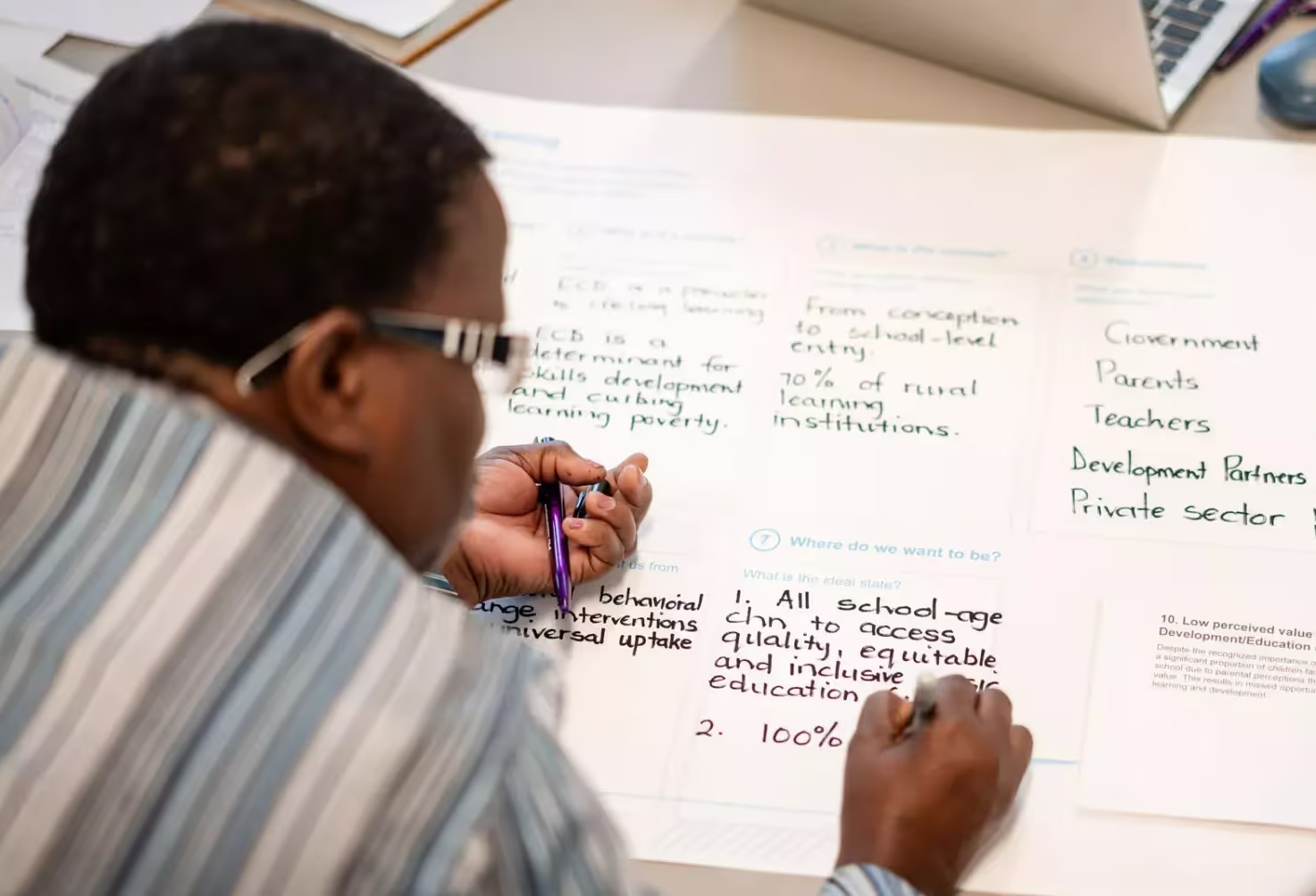UN Hub on Behavioural Insights to Counter Terrorism

In December 2019, UNOCT established the International Hub on Behavioural Insights to Counter Terrorism as a UNOCT Programme Office in Doha, the State of Qatar. The Doha Hub was formally launched in December 2020 and will become fully operational in 2021. The Hub will perform three core functions: - Conduct and advance research in BeSci to better understand the drivers and factors contributing to radicalisation leading to violent extremism and terrorism; - Provide capacity-building assistance to Member States, regional organisations and civil society partners to develop and implement programmes, projects and initiatives that integrate behavioural insights to counter terrorism; and - Promote communication, outreach and partnerships to share knowledge, expertise, experiences and lessons learned on behaviourally informed counter-terrorism interventions. The Hub will leverage the expertise of local, regional and international counter-terrorism actors, and coordinate with the UN Global Counter-Terrorism Coordination Compact entities operating in the field for impactful and ‘all-of-UN’ programme delivery.


.avif)

